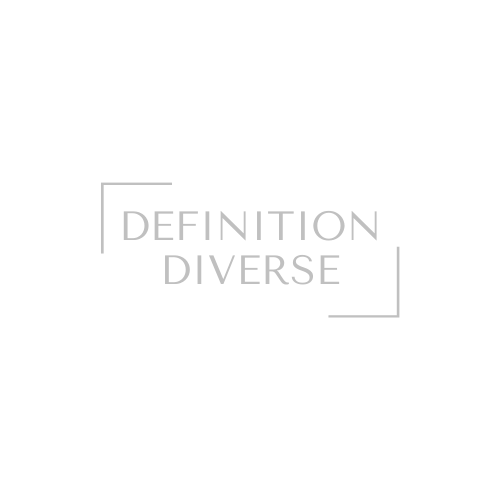WHAT IS YOUNG ADULTHOOD?
Young adulthood1 is an extended period of development between adolescence and adulthood, from ages 18 to 29 years. Research highlights psychological and subjective experiences of individuals aged 18 to 29, to be characterized by an exploration of identity and possibilities, feeling ‘in-between’, instability and self-focus. Understanding the distinct features of the young adulthood allows optimisation of these years which are critical in development.
How can we optimise development for young adults?
Two key questions come to mind when we think about ‘developmental potential’, such as:
What are the dimensions of developmental relationships and opportunities that young people need in adolescence to effectively transition into young adulthood?
What kinds of developmental relationships and opportunities do young adults need for their wellbeing?
Nine dimensions including social, psychological, behavioural, educational, occupational, health, ethical, cultural and civic dimensions are seen to play a role in optimal development. However, research suggests that only a minority of adolescents are well-prepared to make a transition to optimal young adulthood.
BUT…research suggests that only a minority of adolescents are well-prepared to make a transition to optimal young adulthood.
Young Adulthood today
There are no lack of issues in this critical period of development : mental health, alcohol and/or drug abuse, lack of completion of education, unemployment – BUT issue prevention is only half the territory, the other is positive functioning.
Young people’s preparedness for young adulthood warrants targeted focus: How prepared are young adults for work, learning, and life? Or becoming parents/carers? Or taking on societal roles in a time of globalization, the digital/communication revolution, geopolitical and environmental change?
Dimensions of developmental potential rests on cultural values, norms, and assumptions – such as, what attitudes, skills, behaviours, life paths, and achievements are desirable, valued, and worthy of societal investment to nurture. BUT, no set of dimensions of developmental potential, for any life stage, can be definitive for all variations of class, gender, sexual orientation, racial-ethnic, religious diversities & neurodiversity.
AND: many young adults report this period of development as being about finding your place in the world and your own unique identity. This process is one of discovery and experiencing the world, – as well as understanding your own responses to new experiences. From here: it is about understanding that making mistakes is normal – and from this we can reflect and grow from life experiences that present – being both positive and negative.
So how can we apply approaches to optimize development during young adulthood?
With a broad applicability cross-culturally, the Ryan & Deci’s Self-determination theory (SDT), focuses on an individual’s need for autonomy, belonging, and competence – and captures basic developmental processes which transcend culture and which reflect dimensions of positive young adult development. Also, SDT has had vital applications in education, the workplace, healthcare & sports, among other life settings. So, building autonomy, belonging, and competence while pursuing goals directed by an individual’s authentic values, is our target.
1 Routledge Handbook of Youth and Young Adulthood, by Andy Furlong
